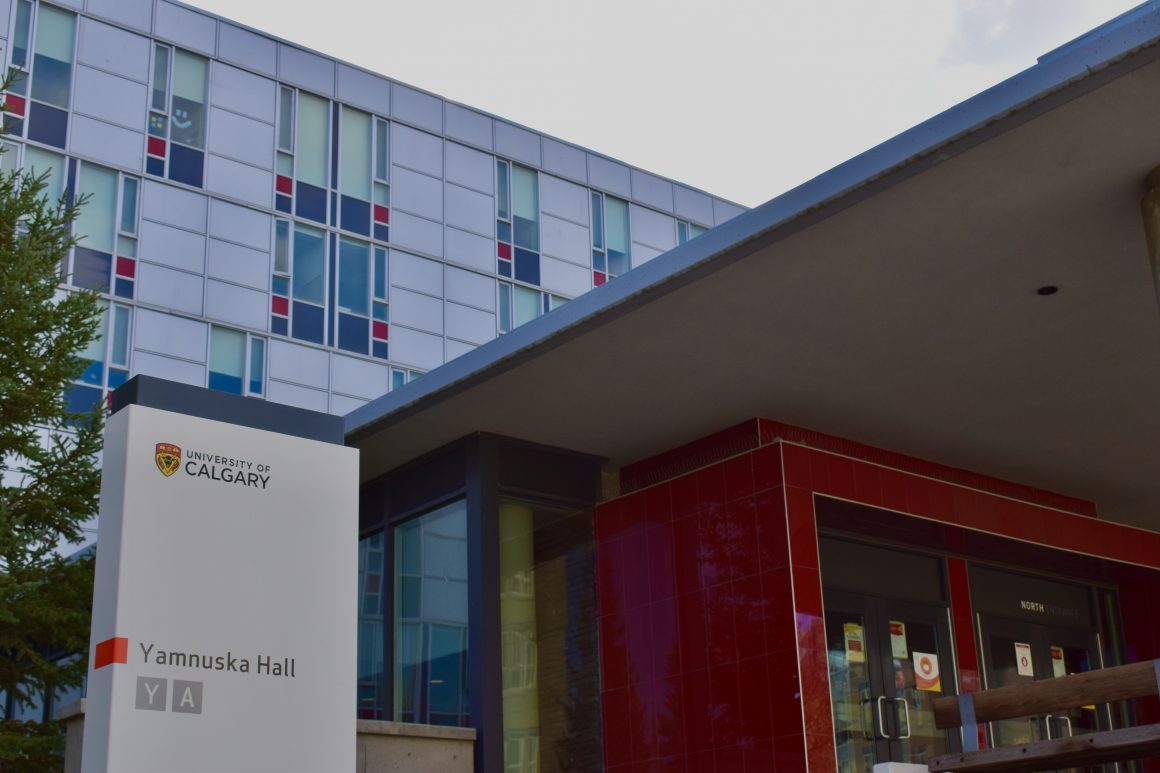
Around the World: Is the relocation grant enough?
By Sebastian Vasquez Gutierrez and Aymen Sherwani, October 20 2021—
On Aug. 23, classes were switched back to online learning without prior warning to international students. Making the commute from halfway across the world, they were expecting in-person learning this semester.
Many international students had already paid for plane tickets and could not cancel or rebook on such short notice. For instance, Harsimaran Singh — a first-year International Relations student from the United Arab Emirates (UAE) — is one of many students who are now suffering the financial consequences of the mismanagement of campus COVID-19 restrictions. Harsimaran, who had all three of their classes switch to online learning during their flight.
“The university announced that the majority of the classes will be in-person and all the changes will be done before Aug. 20th,” they said. “I planned to fly out on the 23rd or cancel my flight in the that case all classes went online.”
Unfortunately, none of their classes were changed on the 20th, so they took the flight to Calgary. Despite living on-campus, Harsimaran’s university experience is still very much an online one as they, like many other international students right now, “spend most of [their] time in the dorms” rather than in class.
The Relocation Grant was announced for students like Harsimaran, who were affected by these last-minute changes. While applications closed on Oct. 1, many students still await a response on whether they are eligible for financial aid. The bursary itself is $1,000 dollars for international students, which is not nearly enough when compared to the travel and quarantine costs accrued by students travelling from the other side of the world. For instance, Mohit Singh — a third-year Mathematics student from India — stated that the entire cost of his trip was over $4,000 dollars for flights and hotel expenses since, due to Canadian travel restrictions on India, he was not able to take a direct flight to Calgary.
The Relocation Grant is barely a quarter of the financial costs that completely went down the drain for international students. Contrary to popular belief, not all international students are affluent socialites that have money to burn — that misconception is made glaringly clear through the University of Calgary’s lackluster effort in righting their own wrongs against them.
Another concern that many students had was the lack of information about the grant itself and the misconceptions about student eligibility. Mohit says that he was “unaware of it at first” and later assumed that he was not eligible to apply anymore, citing the fact that he got into one in-person class.
Considering how international students don’t really have many options outside of either spending thousands of dollars on return flights or just making the best out of the situation, many are choosing the latter. A silver lining on all of this is the amount of work that Residence Services has done in accommodating international students in settling into on-campus housing. When asked for a statement on what Residence Services is doing to support international students at this time, Lakshmi Sangaranarayanan, Associate Director of Residence Services, emphasized that flexibility is key.
“We will continue to be very flexible with international students. All of these things that [have] happen[ed] were not in their control. Some students made the decision that they would like to stay [on campus] — even if their classes were all online — so we contacted over 300 students, asking ‘Hey, you just landed?’, ‘What are your plans?’ and notifying them that we’ll be ready when they’re ready,” she added.
“They supported me when I landed in Calgary at 11:00 p.m., when everything was closed, they were able to let me into my dorm the next day,” says Mohit.
Despite the lengths that Residence Services is going to in order to make the living experiences of international students less miserable, as well as the introduction of the Relocation Grant, the university administration should be taking a greater degree of accountability with regard to international students. Even though Residence Services and the university work separately, they should get into an agreement to provide more compensation to students who traveled all this way to stay most of their time in their dorms.
Around the World is a column about the international student experience and a platform for the voices of those students to be heard. It aims to raise topics often avoided and issues often unspoken about as they pertain to international students at the University of Calgary. This column is a part of our Voices section.
